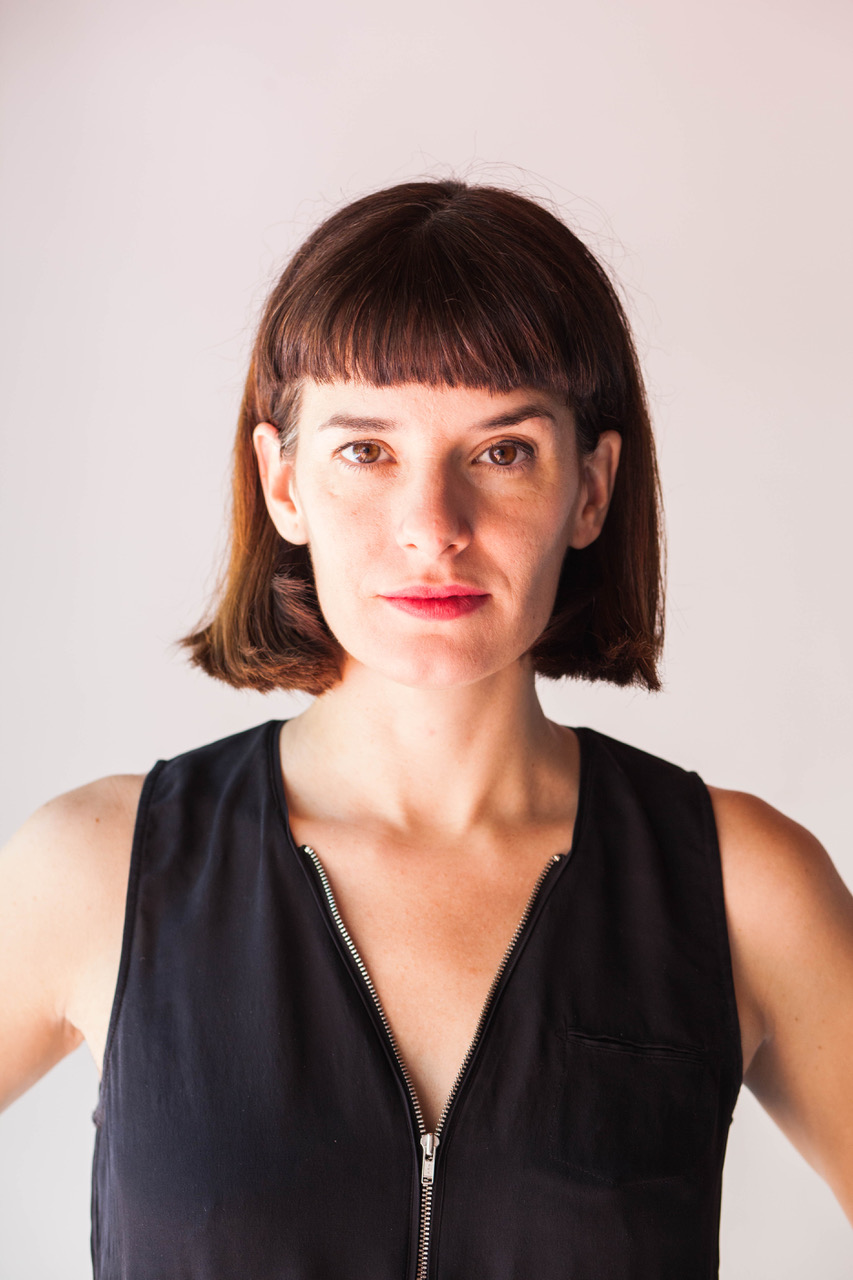
Lola Arias – masterklasy
6-29 lipca 2020 – masterklasy z Lolą Arias
Lola Arias:
(Buenos Aires, 1976)
Lola Arias is a writer, theatre director, and performer. She collaborates with artists from different disciplines in theatre, literature, music and art projects. Her productions play with the overlapping areas between reality and fiction.
She works with actors, policemen, beggars, musicians, dancers, prostitutes, children and animals. In Striptease (2007) the protagonist is a baby, who crawls on stage while his parents are arguing on the phone. In Love is a Sniper (2007), the performers relate true and fictional love stories while a rock band plays live. In My Life After (2009), six performers reconstruct their parents’ youth in 1970’s Argentina through photos, letters, cassettes and old clothes.
She staged Familienbande (2009) about a family with two mothers at Kammerspiele, Munich, and That Enemy Within (2010) in collaboration with two identical twins at HAU, Berlin. In Chile, she staged The Year I was Born (2012), based on biographies of people born during Pinochet’s dictatorship. Melancholy and Demonstrations (2012) is a play about her mother’s depression that was produced in Buenos Aires and opened in Vienna. Her piece The Art of Making Money (2013) was performed by beggars, prostitutes and street musicians from the city of Bremen. In her last piece The Art of arriving (2015) created for the theatre of Bremen Lola Arias works with Roumanian immigrant kids. She more recently premiered Minefield in May 2016 at the Brighton Festival and Atlas del comunismo on September 2016 at Gorki Theater, Berlin. Minefield will be touring in Argentina, Europe and UK in 2017-2018.
Together with Ulises Conti, she composes and plays music, and has released the albums El amor es un francotirador (2007) and Los que no duermen (2011).
Her projects with Stefan Kaegi include Chácara Paraíso (2007) involving Brazilian police officers, and Airport Kids (2008) with global nomads aged between seven and thirteen years old. Between 2010 and 2012, they curated a Festival of urban interventions Parallel Cities in Berlin, Buenos Aires, Warsaw, Zurich, Singapore and other cities.
She has published poetry, fiction and plays: The Immodest in Paradise (2000), The Squalid Family (2001), Poses For Sleeping (2005), Striptease/Revolver Dream/Love is a Sniper (2007), and The Post-Nuclear People (2011).
Her texts have been translated into more than seven languages. Her plays have been performed at festivals including Steirischer Herbst, Graz; Festival d’Avignon; Theater Spektakel, Zurich; Wiener Festwochen; Spielart Festival, Munich; Alkantara Festival, Lisbon; Radicals Festival, Barcelona; Under the radar, New York, and in venues including Theatre de la Ville Paris, Red Cat Los Angeles, Walker Art Centre Minneapolis, Museum of Contemporary Art Chicago.
„The work in the Laboratory was very inspiring. I had several virtual encounters with 3 young female directors: Karolina X , Daria X and Klaudia X. In every encounter we discussed about their working process, the material of the piece, the performers, the text, the structure. Klaudia X was working on a piece based in VHS materials from the 90’s that showed the childhood of the first generation after the end of communism in Polland. We work on how to build the structure of the piece and how to find scenic ways to work with documentary material.Daria X was reconstructing a story about the female workers movement based on the story of her own mother and the strikes in the Factory in X. And we discovered how much of this story is neglected, hidden, forgotten. So, the most important part of the work was to make a new research about it.Carolina X was writing a piece about bulling and power abuse in the context of theater institutions. So we work on how to tell a story that her and other members of her group experienced in many different ways. And we red texts, talk about possible scenes and performers.I’m very grateful to them and to Tomasz for the chance to work together with these brave female artists that are bringing new problematics and forms into the polish scene. And I hope the program will continue!”